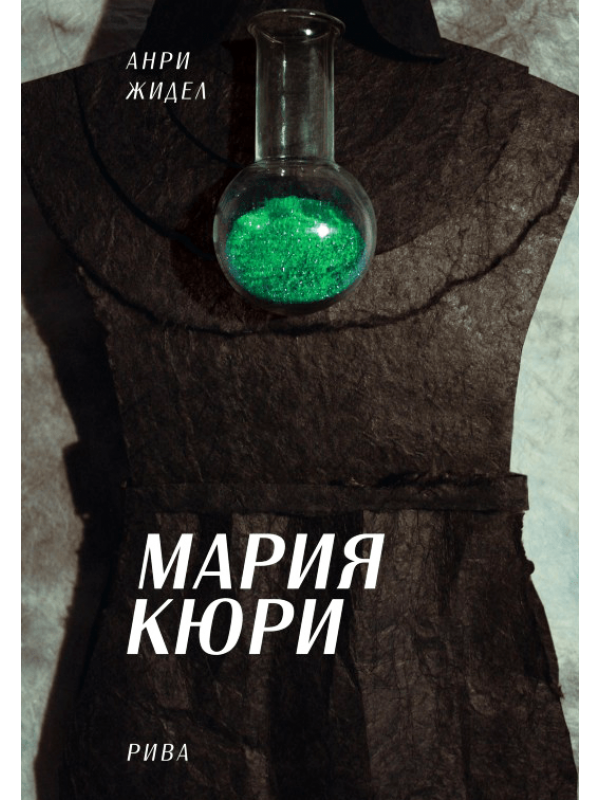Your shopping cart is empty!
Marie Curie
15.00лв
Qty:
Henry Gidel. Marie Curie
Анри Жидел. Мария Кюри
Language: Bulgarian
Who would have imagined that the young Polish woman descending from a train in Paris in 1891 would make revolutionary changes in physics, chemistry and medicine, would receive two Nobel Awards, and that her mortal remains would one day rest in the Pantheon in Paris? This was Maria Sklodowska-Curie, a legendary name in modern science, about whom Einstein would say: "Among all renowned mortals, she alone has not been corrupted by fame."
Her childhood in Poland, her life in France, her encounter with Pierre Curie, their life together, the tireless investigations that led to the discovery of Polonium and Radium, her death from leukemia, most probably as a result of exposure to radiation... The well-known biographer Henry Gidel, awarded the Grand International Prize for Literary Criticism for his entire body of work, has not overlooked the smallest detail in the extraordinary life of Marie Curie, who managed to make a place for herself in a traditionally male research community, where the presence of a woman was not well looked upon, especially when marked by exceptional achievements. Both strong and weak, tough yet emotional, at times irritable, she was the first double Nobel laureate, the first woman to receive this prestigious award, the first woman to teach at the Sorbonne. "I found out that the way ahead is neither quick nor easy". These words uttered by Marie Curie reveal the determination and consistency that, despite the blows of fate, led her to the top of the scientist's profession.
| Details | |
| Publisher | Riva |
| Language | Bulgarian |
| Pages | 334 |
| Illustrations | b/w figures |
| Binding | paperback |
| ISBN | 978-954-320-356-7 |
| Creation date | 2009 |
| Size | 16 х 24 cm |
Write a review
Your Name:Your Review: Note: HTML is not translated!
Rating: Bad Good
Enter the code in the box below:
© “Bibliophilia” Ltd. / © „Библиофилия“ ЕООД









